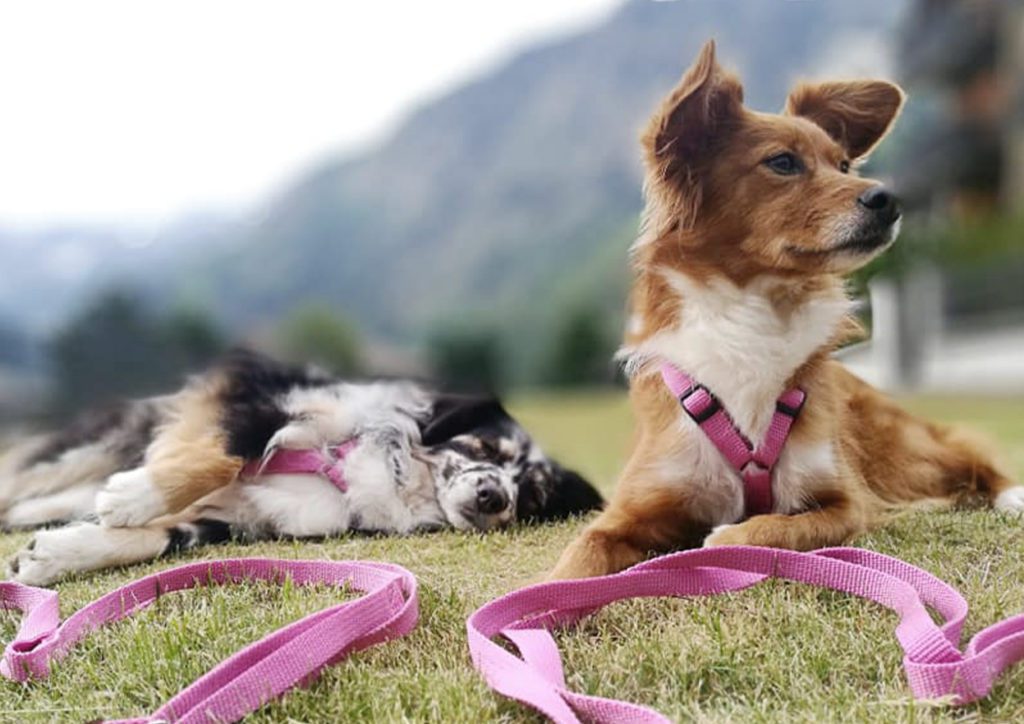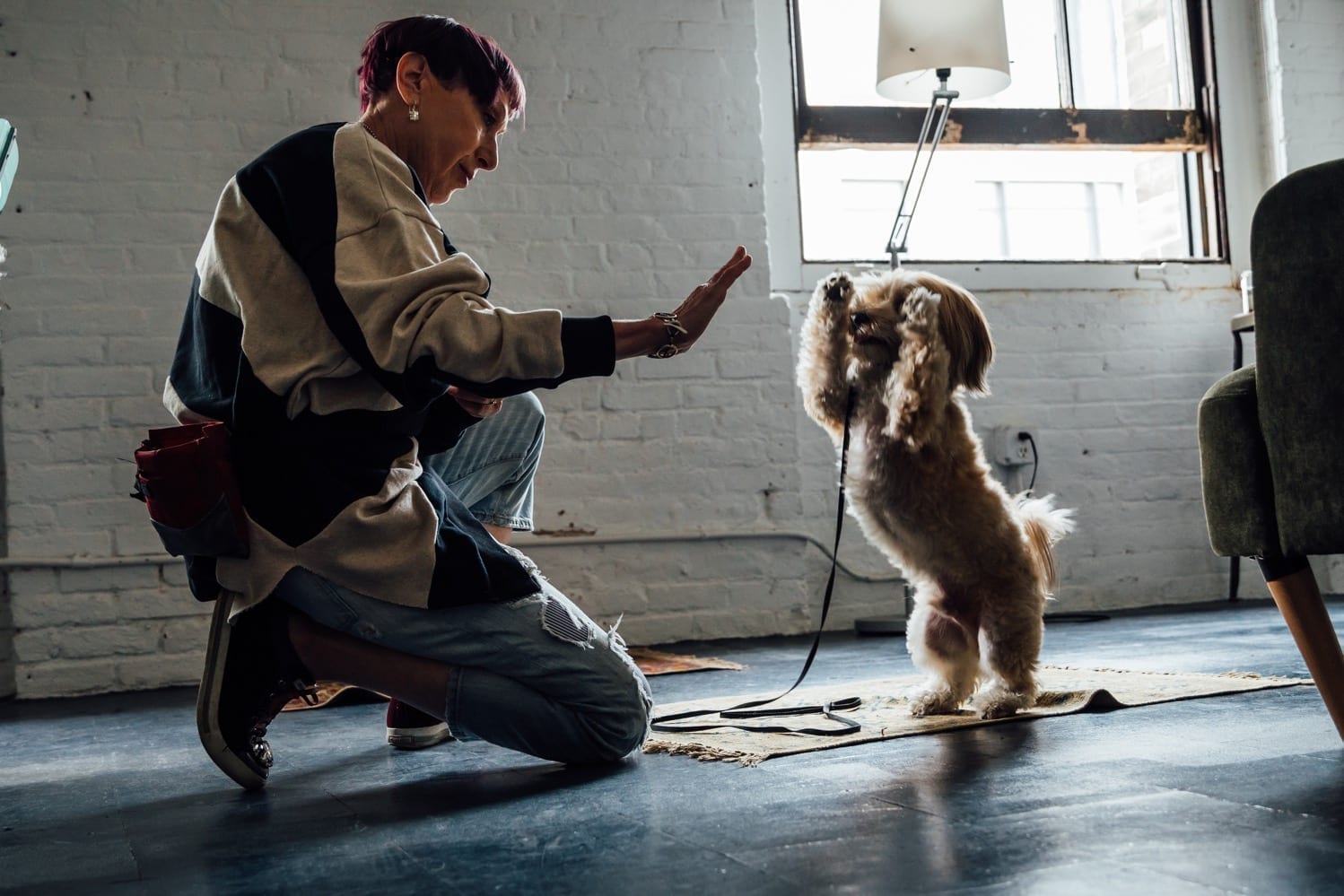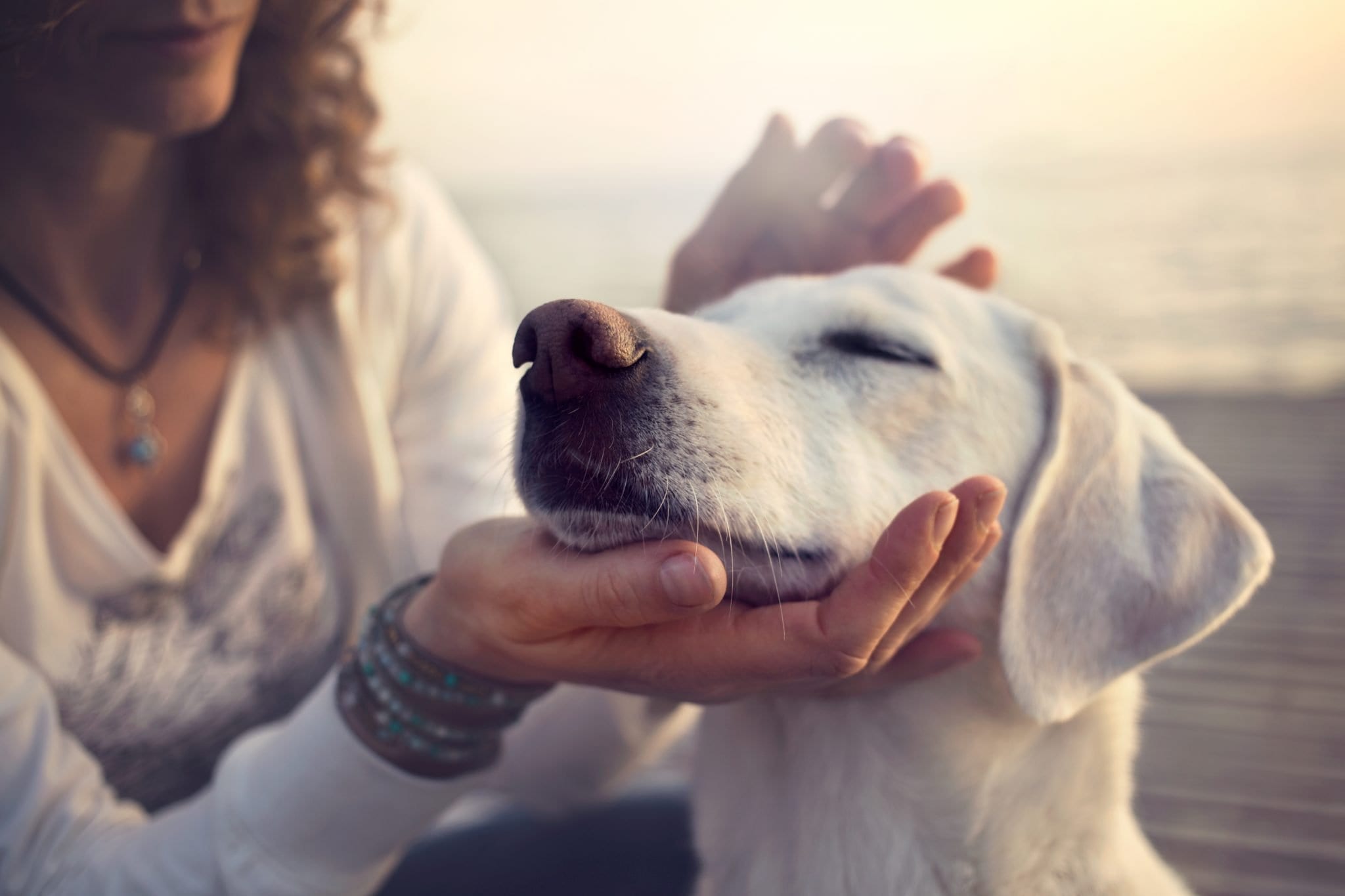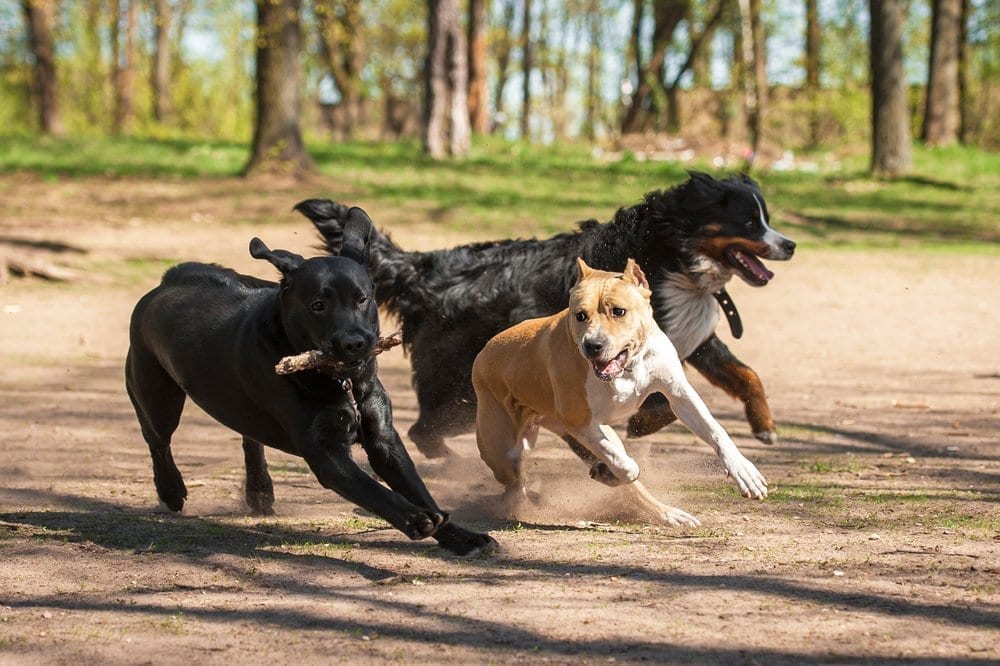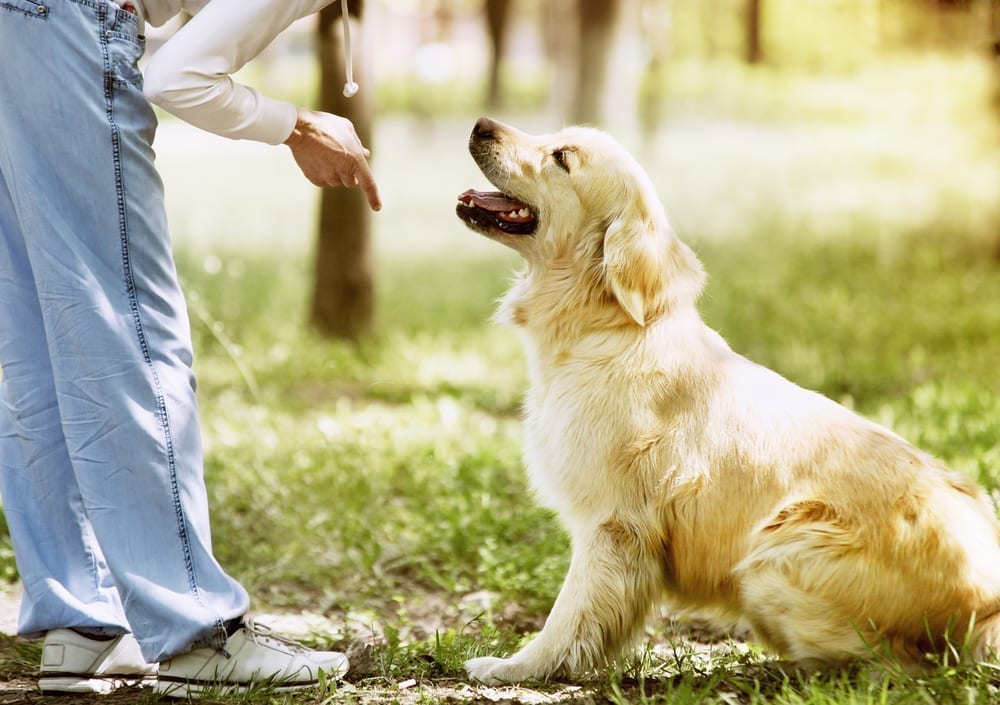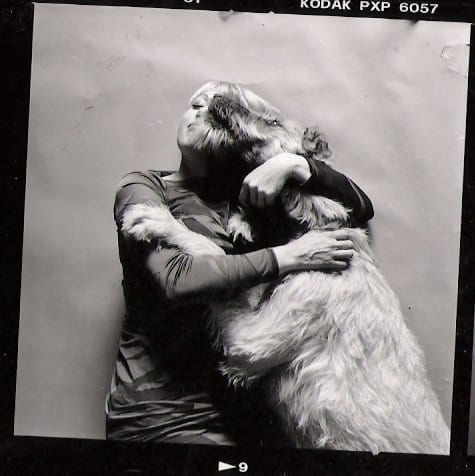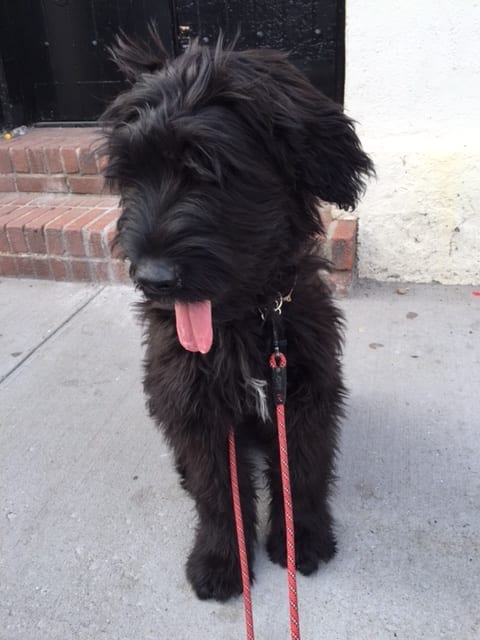The first and most common association with the term “ Puppy Training” appears to be the idea of “House Training”. Surely that is a huge concern everyone has when bringing a puppy home.
But puppy training actually is so much more than that. House Training and teaching your puppy a few basic skills is all well and good, but what the puppy really needs to learn is which behaviors will make him a “good” dog in your eyes.
Barking, crying, jumping, pawing, nipping are all completely natural puppy behaviors. Human social rules are a bit different though. A puppy will very quickly learn which behaviors work to get human attention. How and when you reward behaviors play a huge role in teaching your pup which behaviors you love and which you are not so fond of.
I believe it is particularly important to pay attention to the behavioral aspects of raising a puppy so as to avoid inadvertently reinforcing behaviors you would prefer not to see.
The easiest way to reinforce those manners is to ask for them intermittently as you go about your daily activities and chores.
That however can require a change of mindset for many of us.
Let me explain:
I might get a call from a client who is complaining that he cannot tie his shoes in peace because his puppy wants to play with the laces while he is doing that. Interestingly, even though this puppy has already acquired a myriad of skills that he gladly and happily performs, the client experiences a state of helplessness and in the moment can only think of getting annoyed at the puppy and yelling “no” “stop it” or similar things.
What does this say to the puppy?
1) Is this a game?
2) Am I not pulling hard enough?
3) Should I be chewing harder or on the other lace?
In other words: At “best” the yelling will scare the puppy and possibly interrupt the lace chewing.
So, even though you have not physically hurt the puppy you have managed to startle to the puppy. Ok. But then what?
If the yelling was not unpleasant enough and the chewing on the lace was really satisfying your puppy might decide that he will “pay the price of being yelled at” because the chewing is a lot of fun anyway and has so much value for him that he will do it despite being yelled at.
Or the puppy, who craves attention and gets ignored when he is quiet (human feels he does not have to pay attention to puppy because puppy is calm and not bothering anyone) decides to GET attention by inventing something that WILL get the attention he craves.
If the yelling at the puppy was so harsh that he will never try chewing on the laces ever again, puppy might be afraid to come close to your feet or find it unappealing to come when called. In other words: Harsh punishment can have really bad and unexpected fallout results.
So the lesson for the guardian is: instead of allowing the unwanted behavior to happen ask your puppy to do something specific. ( sit/settle/leave it) and be reasonable as to what you can expect.
One of the most important insights for puppy guardians to learn is that these “basic obedience “ skills are very handy and can be used in an interactive way throughout the day.
Since you want your puppy to be able to perform under more distracting and challenging circumstances, use the distractions you naturally create in your daily comings and goings.
To use the shoelace example: Ask your puppy to sit/settle and then go and sit down and tie your shoelaces. If the puppy remains in “sit” reward you puppy!
It is so much more fun for both human and the puppy!
It provides a great opportunity for the puppy to earn attention!
What a playful way to reinforce polite behavior!
It takes hardly more effort and you will encourage your dog to expect direction from you. As a result your dog will be intellectually engaged and truly participating in your life all the time. And puppy manners will happen and they will please the human in the relationship.
And the puppy will develop self- confidence and become fluent in basic skills.




